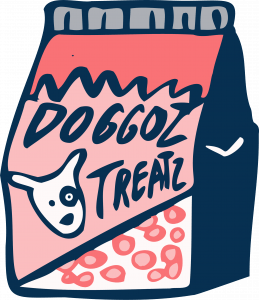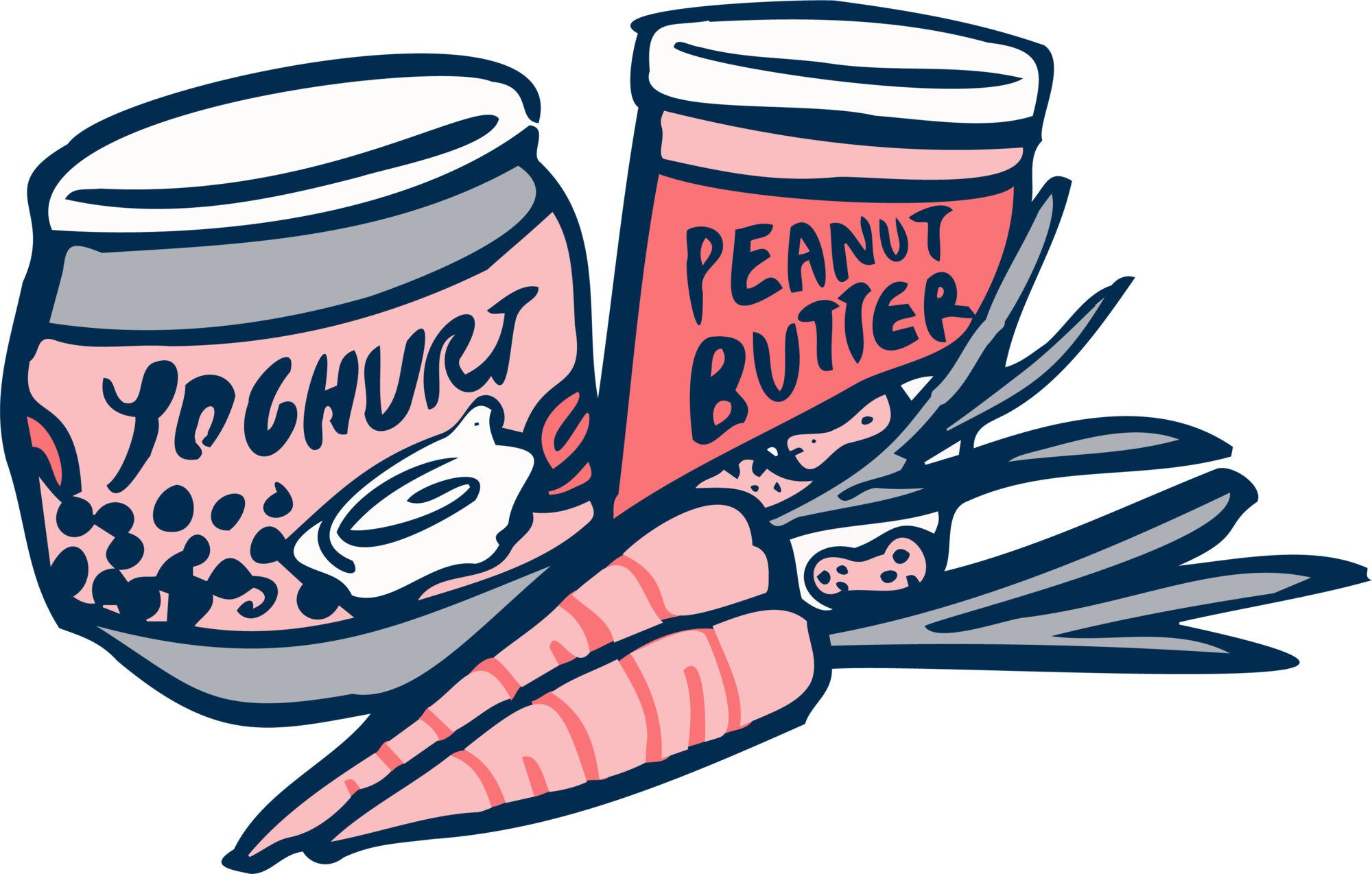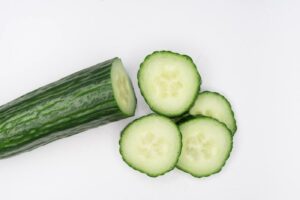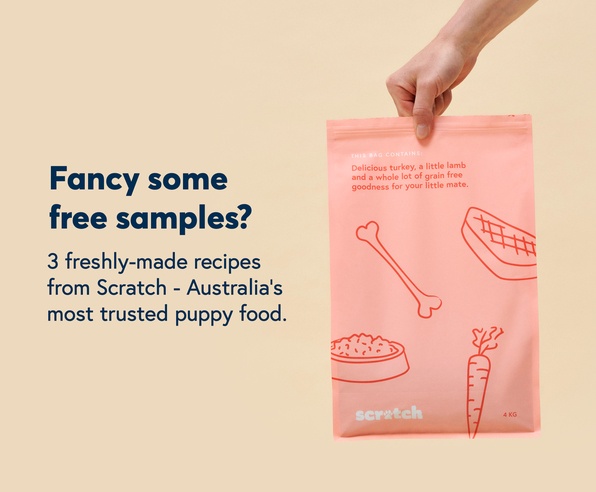Love your dog? Of course you do. Good dogs deserve good food and the occasional treat. But picking a suitable treat can be trickier than it sounds—especially when the pet food aisle is such a jungle. My Pet Warehouse alone stocks over 350 types of dog treats. But don’t feel overwhelmed; we’re here to help. Give us five minutes, and we’ll demystify dog treats forever.
Training Treats
These are delicious (and often gluttonous) morsels that dogs go wild over. They’re perfect to use alongside praise as rewards when training your pet. There are a few different types to be across.
Natural treats: It’s all in the name here. These are less processed, more nutritious options. Think chicken pieces and liver bites.
Formulated treats: “Dogs go wacko…”—you know what we’re talking about. These more manufactured snacks aren’t the healthiest options, but they can be very tasty (or so dogs tell us). They tend to be readily available and are often cheaper than natural options, so be careful not to overdo it.
Human treats, AKA look in your fridge: You might not even need to go to the pet store at all to find healthy and fun dog treats. Many of the foods we eat every day are canine classics: blueberries, yoghurt, carrots, and peanut butter are all popular options. Just do a bit of googling before you give your dog something off your own diet plan—many human foods are toxic to pets.
OTL Tip #1: Make sure you check the sugar, salt, and preservative content on any store-bought treats. Often these unhealthy (but tasty) ingredients are why dogs love them!

Boredom Treats
While training treats are gone in an instant, boredom or occupier treats are meant to last ages. They’re often used to reduce boredom (and owner guilt) when dogs are left alone all day. Pets will prefer different kinds depending on their size, tastes, and love of chewing.
For small chewers: Chicken necks, beef jerky straps, and small bully sticks are easy to wrap little teeth around, but tough enough to provide a challenge.
For medium chewers: Larger jerky pieces, large bully sticks, lamb or pork bones will suit most dogs. Be careful with pigs’ ears, as they can be carriers of salmonella, so only buy from suppliers you know and trust.
For large chewers: Goat horns, deer antlers, and beef bones will provide a satisfying (and time-consuming) challenge for even the strongest jaws.
OTL Tip #2: Be very mindful when giving dogs bones. NEVER give them cooked bones, as they can splinter. Where you can, get bones from a butcher to avoid any nasty chemicals.
OTL Tip #3: Avoid rawhide treats. Most are made in China with a chemical-heavy process that can cause digestion problems.

Functional Treats
Last but not least, we have the most popular type of dog treats. Functional treats are delicious but also promise health benefits.
Dental treats: Dental health is one of the biggest issues for dogs, so most pet stores will have a pile of options ranging from bones to chewable shapes. Again, just make sure you pick one that suits your dog’s size.
Joint health: With many older dogs suffering from inflammation and arthritis, joint health is a growing market. Natural options include green-lipped mussels and shark cartilage, and may be formulated with spices that boast anti-inflammatory properties.
OTL Tip #4: As with human foods, bigger name brands don’t always offer the healthiest options. Make sure you always read the ingredient list and choose the most natural recipes.
Illustrations by Julia Laskowski
And catch up on more content from our most recent edition of the Off the Leash magazine.
For more on dog treats and nutrition, check out:
Who Owns Your Pet Food Company?
Understanding the Invisible Economics of Pet Food
Don’t forget to sign up to our newsletter and follow us on Instagram, Facebook, and Twitter.







